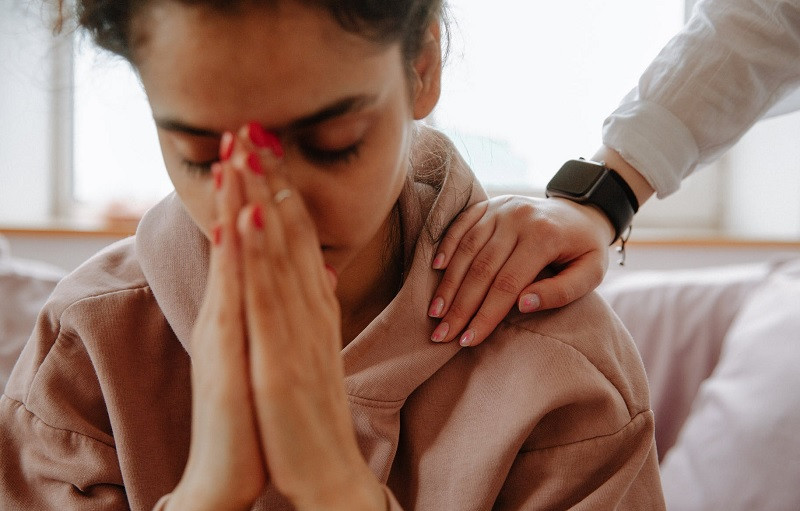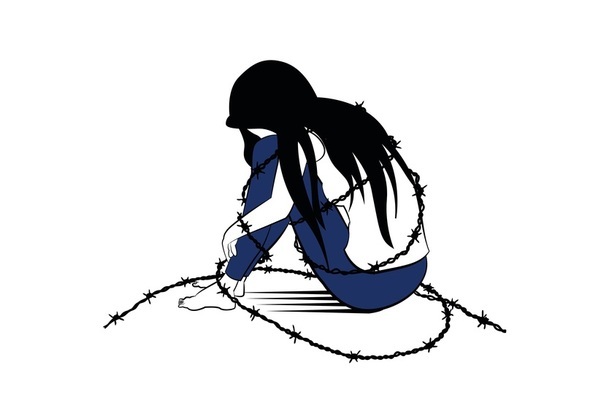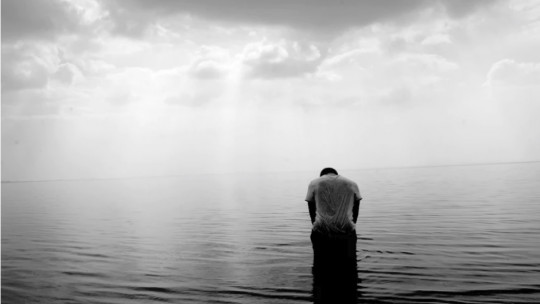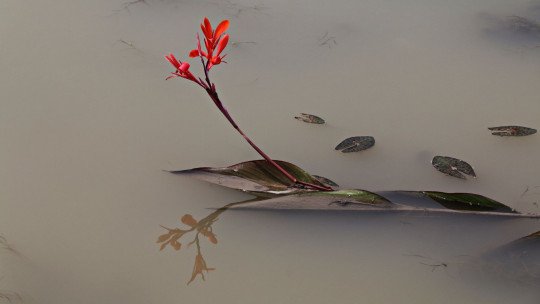
Normally we associate grief with the loss of a loved one, and it is true that, perhaps, this is the most visible and eloquent way of feeling and defining this stage.
However, We don’t realize that, throughout a normal day, we can go through certain moments of grief probably not as intense or as profound as the difficult moment of saying goodbye to someone forever.
Understanding everyday grief
We do not give excessive importance or define as grief aspects such as: a sentimental breakup, the loss of a job, an injury that makes us unable to lead a normal life, a suspension from our children, a scolding from a superior… everyday moments that, When it occurs, they make us go through the 5 stages of grief, one of the most used ways to limit the problem and which derives from the psychiatrist Elisabeth Kübler-Ross, namely:
The first thing we must take into consideration is that a duel, whether more or less painful, supposes a rupture of the personal process of existence which entails entering a world of unforeseen emotions, feelings and behaviors that are related to the problem (grief) in question.
According to Eriksson, a stage of mourning involves an accidental crisis that leads to a more or less acute psychological alteration that is nothing more than an adjustment and adaptation to an apparently insoluble problem This means that when these periods of daily grief occur, we feel helpless in the face of events for which we are not prepared and for which it is very possible that we do not have adequate strategies to deal with them.
All of this is increased in the specific case of the loss of a loved one, and even more so if it occurs unexpectedly, but it also frequently occurs in other less striking griefs that have great influence on our daily lives.
One of the great problems of grief, regardless of its depth, is that, often, We face the problem alone and although we need the help of others The reality is that it is a crisis that is faced, mainly, alone.
Therefore, the way or attitude of dealing with grief has a lot to do with personal factors, how we frame the situation at the moment in life when it occurs, how healthy and well-being we are at the precise moment in time. what happens, and above all, how we face our existence every day

To do?
We are going through, as a society, a time of mourning. This long-lasting pandemic has changed our way of acting, thinking, and living. And it has produced individual and collective losses of different types: professional, emotional, family, experiential, etc.
We have had to say goodbye to a more or less structured, more or less safe way of life, to move on to an almost daily shock, which forces us to change habits, customs, thoughts, attitudes, actions, which are causing us continuous discomfort; It is almost a daily duel.
A situation that affects all areas of our lives and forces us to make a series of decisions both internal and external, to successfully overcome the situation by going through the phases of “normal” grief.
We must enhance our resilience, which is nothing more than the ability we have as human beings to face our adversities. We have qualities within us that allow us to face these moments of current tension and restlessness; we must implement a new individual and social discipline.
We are vulnerable, but precisely because of this we can improve and adapt to the situation from our own resources. Therefore, we must develop efficient and effective strategies that allow us to have minimal control of the situation.
There will be aspects that escape us, but we must have great confidence in ourselves and in our society, take advantage of ancestral wisdom and use it as support and a basis to face the present time with guarantees.
Grief is nothing more than a stage of our life in which our ability to adapt, to make effort, to live the present time with meaning and strength to propose a more promising future comes into play. The scars remain, they are part of our Self, we do not have to hide them just look for the experience in them that makes us grow and mature.
Charles Darwin already said it, it is not the biggest or strongest that survive, but those capable of knowing how to adapt and learn to see new possibilities.
And if things get really complicated and we are not able to find the way on our own, ask for help, not remain isolated, rely on a professional who allows us to look at situations in a different way, who shows us another perspective and makes us understand. that the solution is within us, that we have in us. Be the necessary resources to overcome any difficulty, any grief.








